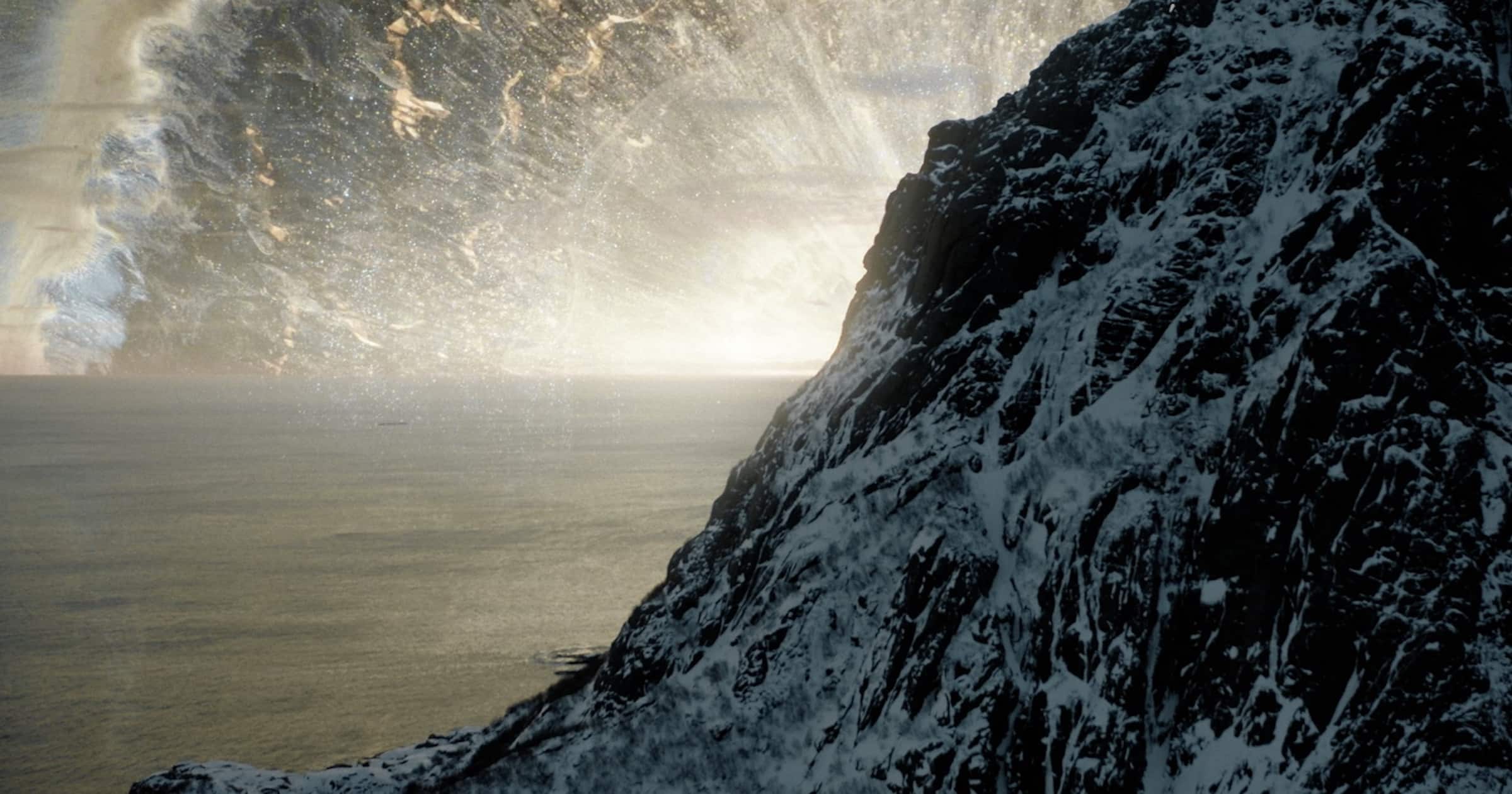 Faith & Science
Faith & Science
 Medicine
Medicine
After Death — A Riveting Glimpse of the Hereafter

I’ve just watched a remarkable, riveting documentary that releases in theaters on October 27 – After Death. It’s too bad the famous line from Hamlet has become a bit of a cliché — “There are more things in Heaven and Earth, Horatio, than are dreamt of in your philosophy” — since it so perfectly captures what I took away from the film. There sure are a lot more things about reality than are captured by a narrow naturalistic view.
The message of the film, by directors Stephen Gray and Chris Radtke, is extremely well conveyed. It’s beautifully photographed, produced, and enacted, making use of actors and ordinary people who describe what they say happened to them while briefly dead, before being revived in a medical setting. No small number have died, only to be brought back thanks to advances in healing unknown to past generations. Of these, some number offer reports of an otherworldly realm, beyond yet somehow connected to our own. For those who go and come back, there is both joy and grief. Make of it what you will.
Lots of Ways to Die
We meet doctors who have had the experience themselves or who carefully documented what others have gone through. There are lots of ways to die: A horrific car or airplane accident. A catastrophic health emergency. Attempted suicide by kitchen knife. A drowning. Each of these is followed by seeing visions that often, but I think not always, follow a pattern.
The “dead” person may see the room or other locale where he lies and observe actions by others going on around him. This is “autoscopy” — seeing yourself from outside, and reports of it have in some cases been objectively verified. More subjective (perhaps) are accounts of travel to a heavenly realm to meet loved ones who have passed on, and to meet God. Disturbingly, according to the film, 23 percent of near-death experiences (NDEs) are not of heaven but of hell. “One of the scariest moments in my life,” says one man. (Only “one of”?) “A pit of despair and hopelessness,” says another.
The interviews are fascinating. The subjects describe being, while dead, “more alive than I’ve ever felt,” ““conscious and then more conscious,” immersed in “an ocean of love.” Some are anguished to realize they’ve been returned to our earthly existence, from their true home, against their will. Nor is everyone who comes back necessarily improved by the experience, at least not at first. A man who died with his life disordered felt he went down to hell, then was rescued by Jesus. He wished to share what he learned with others but became, in his own words, a “zealot” who alienated everyone around him. A neurosurgeon recalls talking with a patient who, after being medically dead, recounted details of her autoscopic experience. “As she spoke,” says the surgeon, “I became spooked.” That makes two of us.
Hope for the Hereafter
The filmmakers plainly wish to give hope for the hereafter, and no doubt with many viewers, they will succeed. But After Death is not a simple vehicle for that. Parts of it are scary and disturbing. While generally appearing to reflect a Christian perspective, the theology here, insofar as it’s articulated, doesn’t clearly match any one recognizable religion. The heavenly imperative seems to be, above all, that humans in their lifetime on Earth should love each other. That makes sense to me, but I’m not sure that it’s an orthodox view, or more of a modern one. Being modern doesn’t mean it’s not true. It’s suggested, also, that these experiences are cross-cultural. It would be interesting to know what people outside the American context report.
One could ask other questions, like why is the information imparted here, while pertaining to ultimate matters, conditioned on something wholly worldly like advances in life-saving medical techniques? And if God is love, indeed an “ocean of love,” and if that figure of 23 percent is meaningful, how can it be that he sends approximately one quarter of humans to hell?
For audiences, there will be much to discuss afterward. For the materialist, in particular, there is a great deal to ponder and to try to explain in naturalistic terms, if he can.
